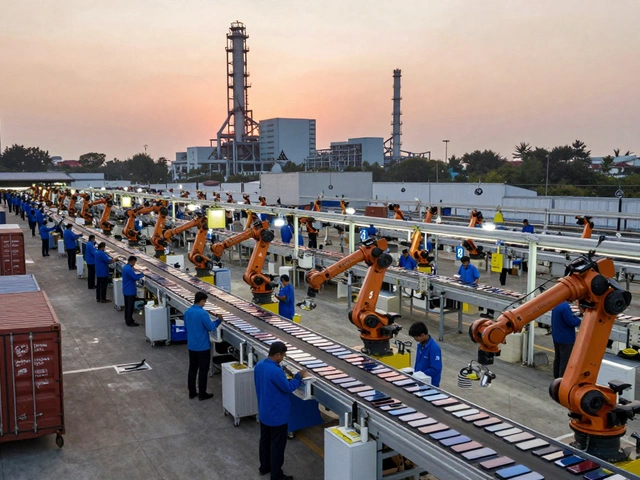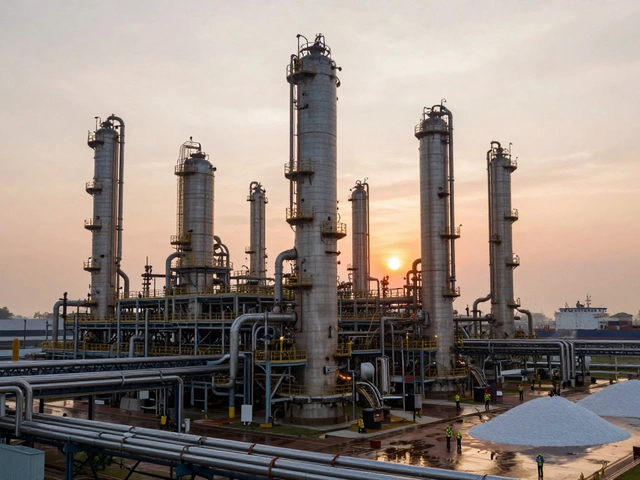Pharma Manufacturers: What They Do and Why It Matters
When you hear the word "pharma," you probably think of pills, vaccines, or the big logos on medicine bottles. Behind those products are pharma manufacturers – the companies that turn raw chemicals into the drugs we rely on every day. They handle everything from mixing ingredients to packaging the final product, all while following strict safety rules.
In India, pharma manufacturers have a huge advantage: a large pool of skilled scientists, cost‑effective production, and a strong export market. That’s why the country is one of the top suppliers of generic medicines worldwide. But the industry isn’t just about low prices – quality, innovation, and compliance are just as important.
Key Steps in Drug Manufacturing
First, the manufacturer receives a detailed recipe called a formulation. This outlines the exact amounts of active ingredients and fillers. Next, the ingredients are blended in controlled environments to ensure uniformity. After blending, the mix goes through processes like granulation, compression, or encapsulation, depending on the final dosage form.
Quality checks happen at each stage. Labs test the mixture for potency, purity, and stability. Once the product passes all checks, it gets packaged, labeled, and stored under specific temperature conditions. The whole chain is recorded in a master batch record, which regulators inspect before approving the batch for sale.
Choosing the Right Pharma Partner
If you’re a startup or an overseas brand looking for a manufacturing partner, start by asking about their certifications. In India, the most trusted marks are WHO-GMP, US FDA, and EU Annex 15. These show the plant meets international safety and quality standards.
Next, look at their production capacity. A small plant might handle niche products, but if you plan to scale quickly, you need a facility that can ramp up volume without compromising quality. Ask for references or case studies – real examples of how they helped other companies launch or expand.
Finally, consider their R&D capabilities. Many pharma manufacturers now offer formulation development, bio‑equivalence studies, and even digital analytics. Partnering with a company that can innovate with you saves time and money compared to hiring separate service providers.
Regulations are a moving target, especially after the pandemic. Staying updated on new guidelines for biologics, biosimilars, and advanced therapies can give you a competitive edge. A good manufacturer will keep you informed and adjust processes as rules change.
In short, pharma manufacturers are the engine behind every drug you see on the shelf. Whether you’re a brand owner, a healthcare professional, or just curious, understanding the basics of how they work helps you make smarter choices – from picking a partner to trusting the medicines you take.
Cipla vs Dr. Reddy's: The Ultimate Showdown in Pharma Manufacturing
Curious about which pharmaceutical giant is better: Cipla or Dr. Reddy's? This article delves into the strengths and specialties of both companies, exploring their history, market impact, and product range. Discover which brand is taking the lead in innovation and quality, ensuring your pick is well-informed. Whether it's affordability or cutting-edge solutions you seek, we've got the lowdown to guide you. Read on to see how these titans of the Indian pharma industry stack up against each other.
Read More




